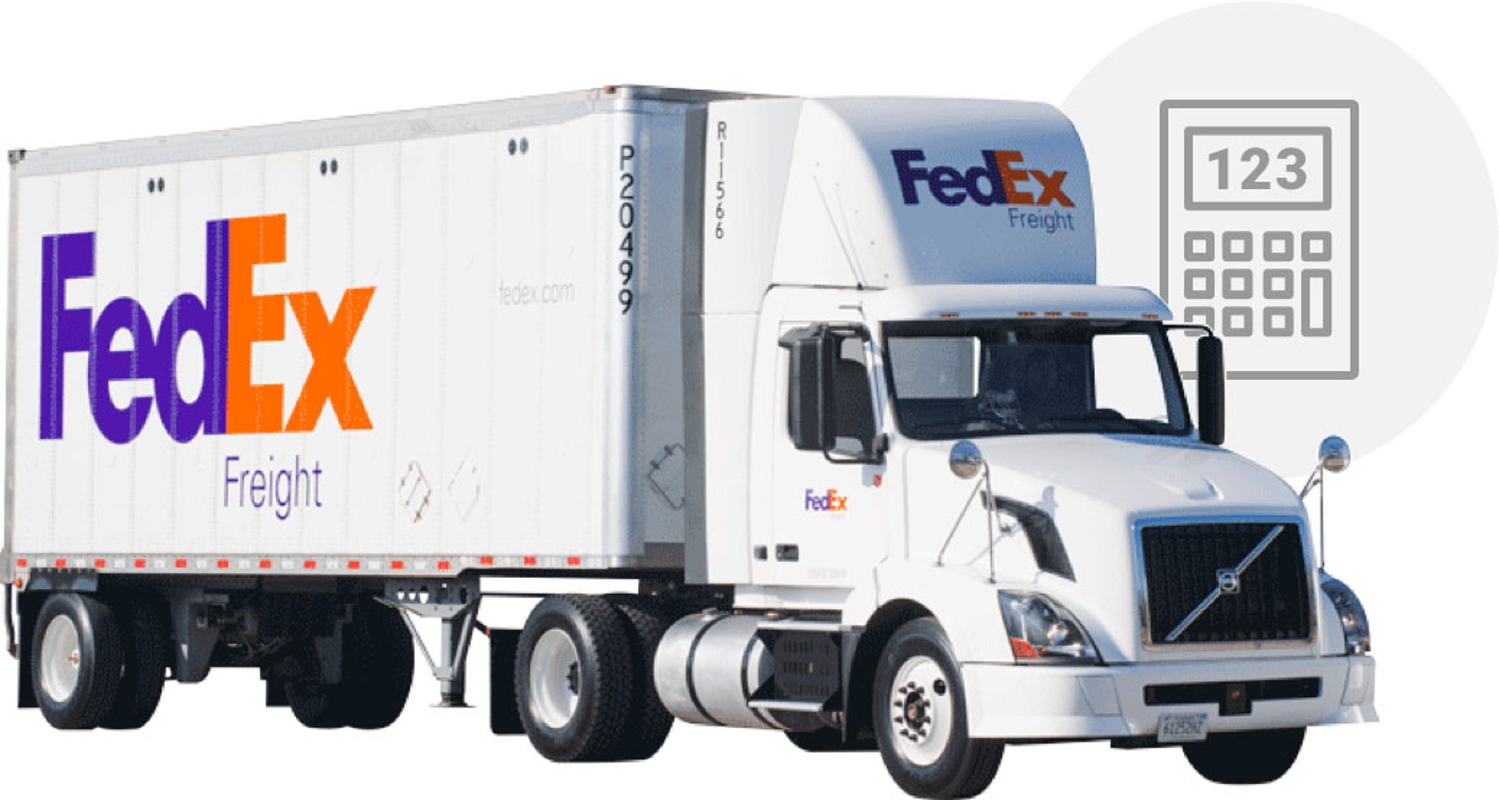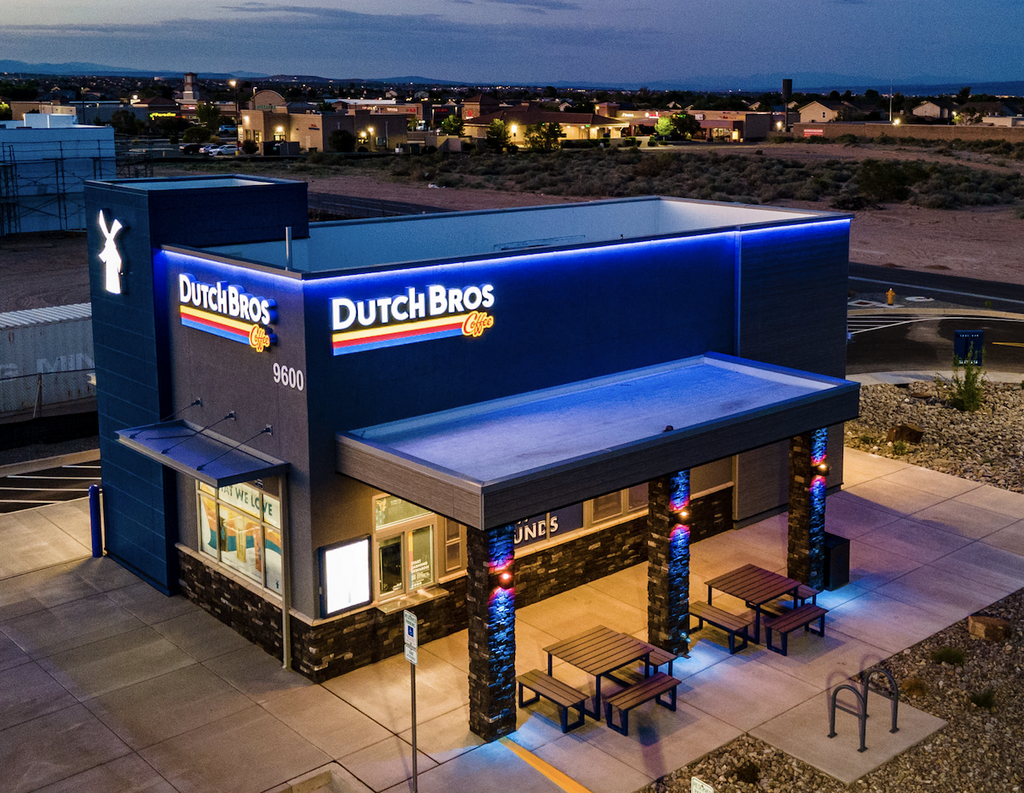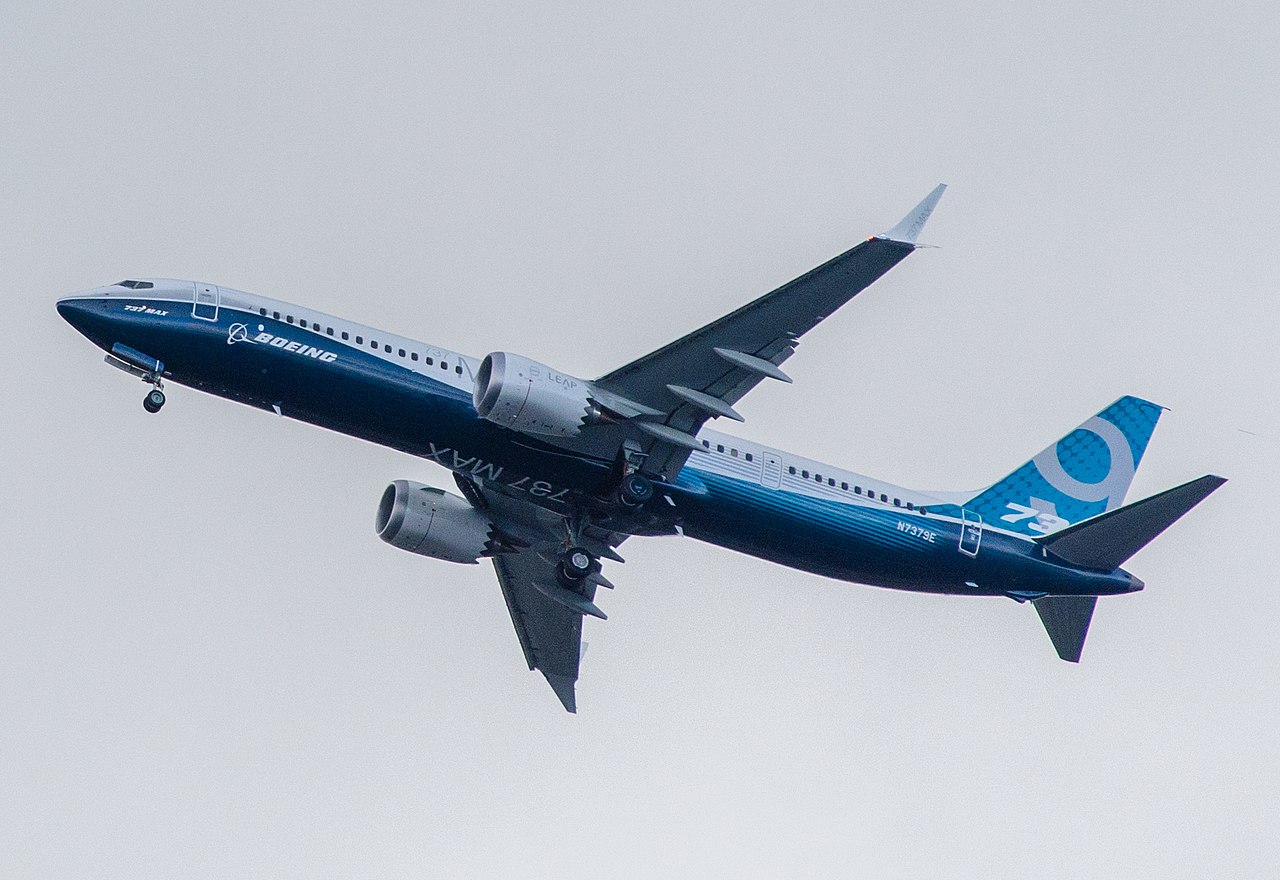
Boeing has agreed to plead guilty to criminal fraud related to the deadly 737 Max crashes, causing its stock to fall by 3% on the news. This decision labels the company as a felon but helps it avoid a trial while it works to recover from its safety and manufacturing issues. The deal includes a fine of up to $487.2 million, but the Justice Department suggests that Boeing should get credit for half of that amount, bringing the fine down to $243.6 million. A federal judge must approve the plea deal for it to become effective.
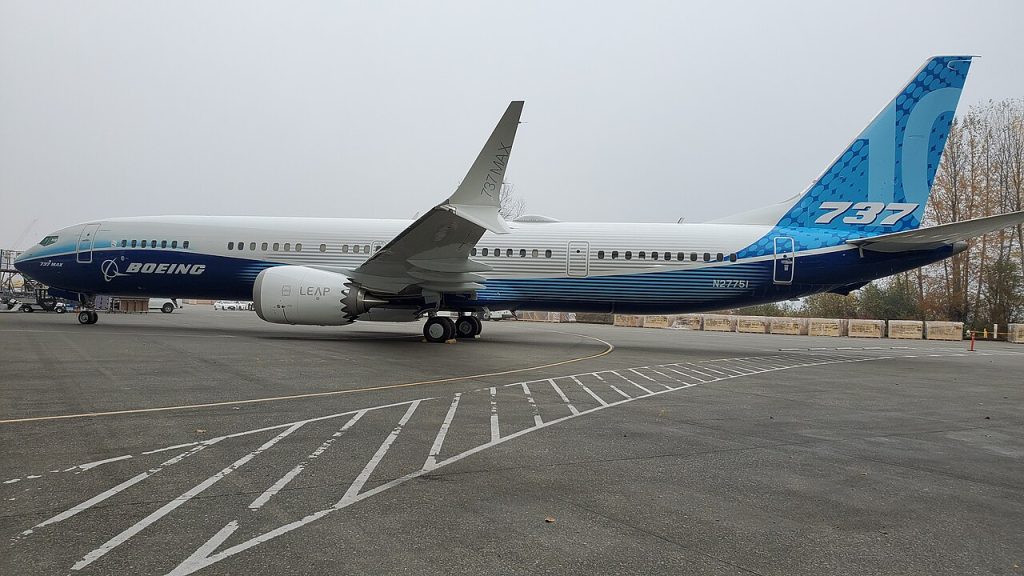
If the judge approves the deal, it might make it harder for Boeing to sell products to the U.S. government because of its new status as a felon. However, Boeing can ask for special permissions to continue its government sales. Last year, about 32% of Boeing’s $78 billion revenue came from its defense, space, and security division. Additionally, an independent monitor will oversee Boeing’s compliance for three years during a probation period, and the company must invest at least $455 million in compliance and safety programs.
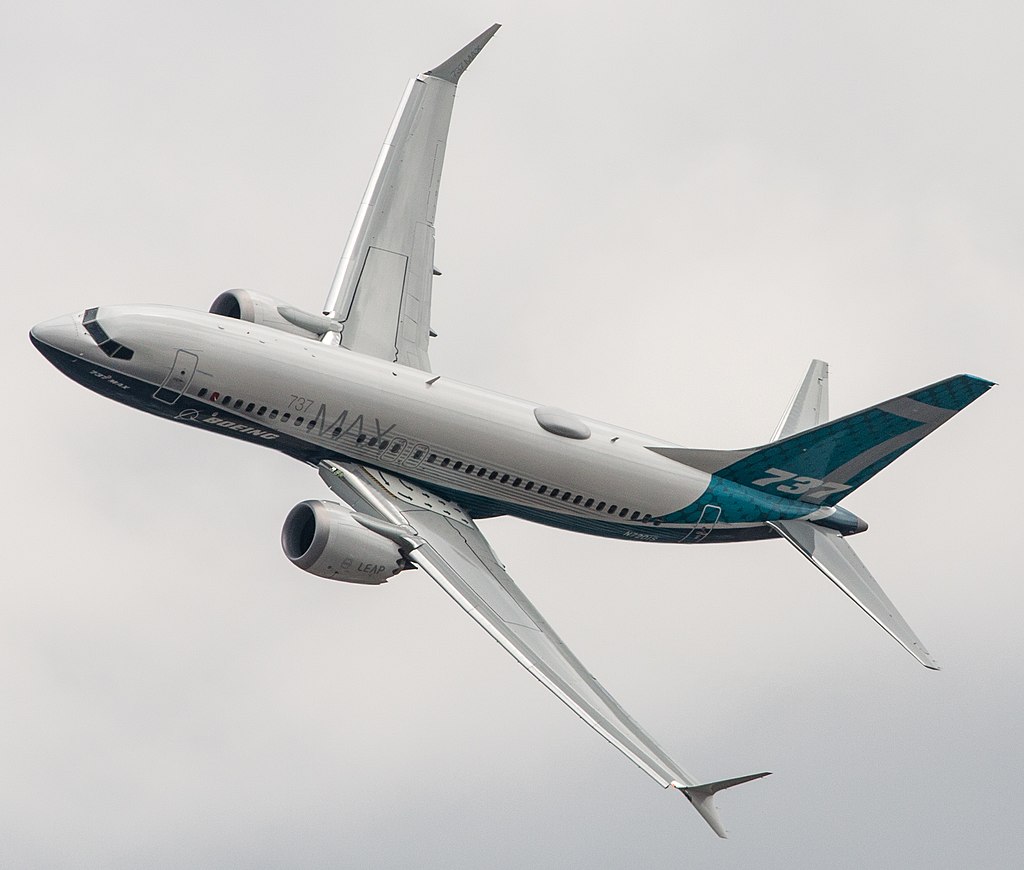
Boeing also agreed to have its board of directors meet with the families of the crash victims. This agreement came after the Justice Department revealed the deal, months after accusing Boeing of violating a 2021 settlement that protected it from prosecution for three years. The deal forced Boeing to choose between pleading guilty with certain terms or going to trial, just as it was trying to move past its crises, appoint a new CEO, and buy its fuselage maker, Spirit AeroSystems.
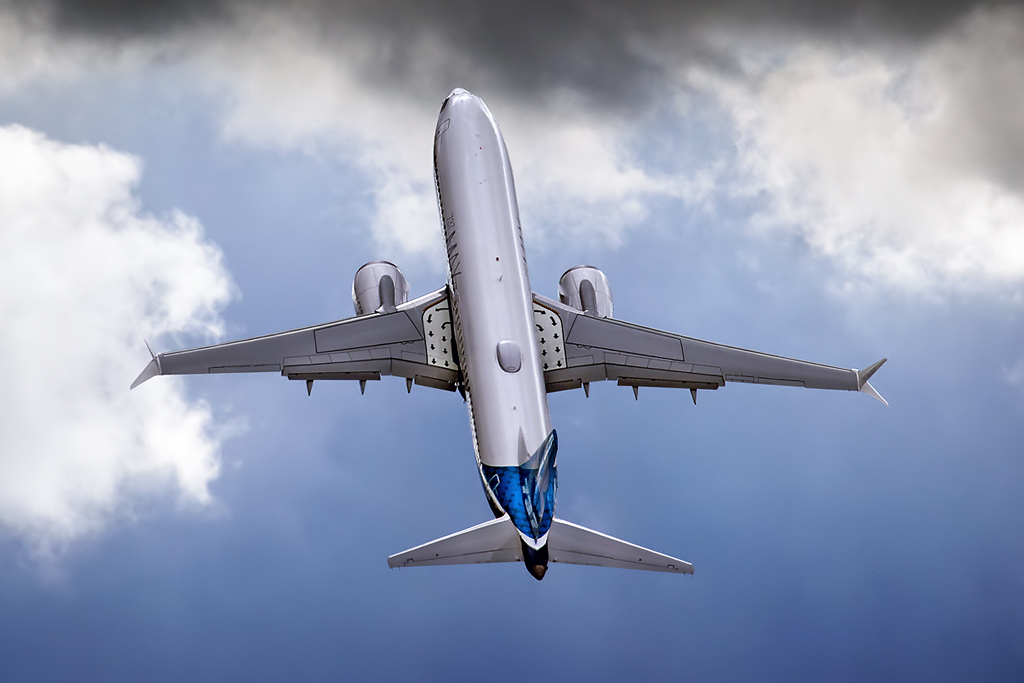
Boeing confirmed the agreement with the Justice Department, pending final approval and the specific terms being documented. In May, the Justice Department said Boeing had violated the 2021 settlement. That agreement required Boeing to pay $2.5 billion, including a $243.6 million criminal fine, compensation to airlines, and a $500 million fund for victims’ families.
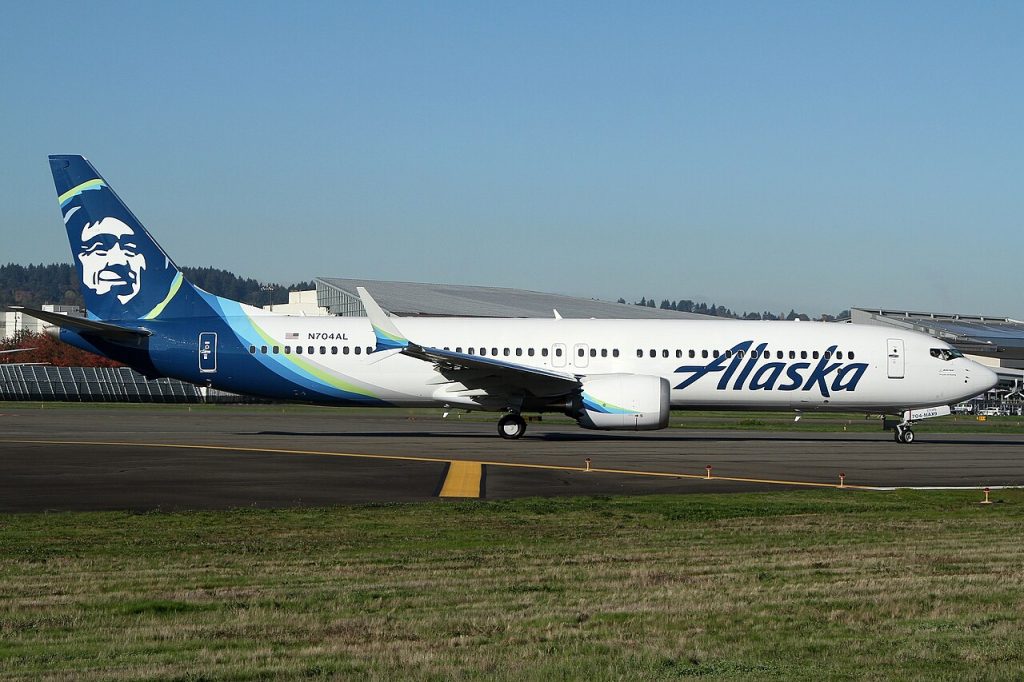
The 2021 settlement was about to end two days after an incident where a door panel blew off a nearly new 737 Max 9 flown by Alaska Airlines on January 5. Although there were no serious injuries, the accident caused another safety concern for Boeing. A preliminary report from the National Transportation Safety Board found that crucial bolts holding the door panel were not attached.
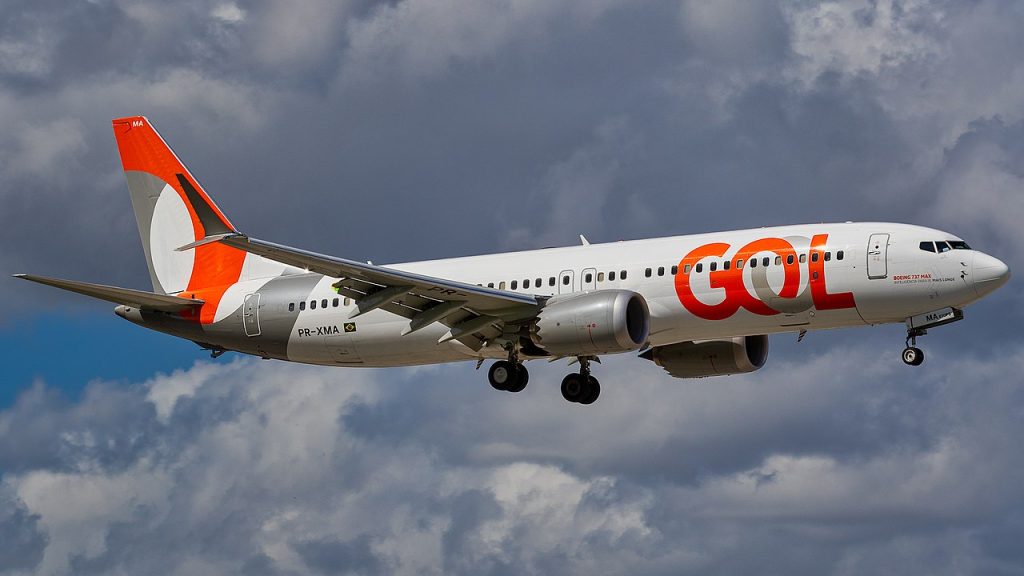
The U.S. accused Boeing of conspiracy to defraud the government by misleading regulators about a flight-control system on the Max, which was involved in two crashes. These crashes occurred in October 2018 with Lion Air and in March 2019 with Ethiopian Airlines, killing all 346 people on board.
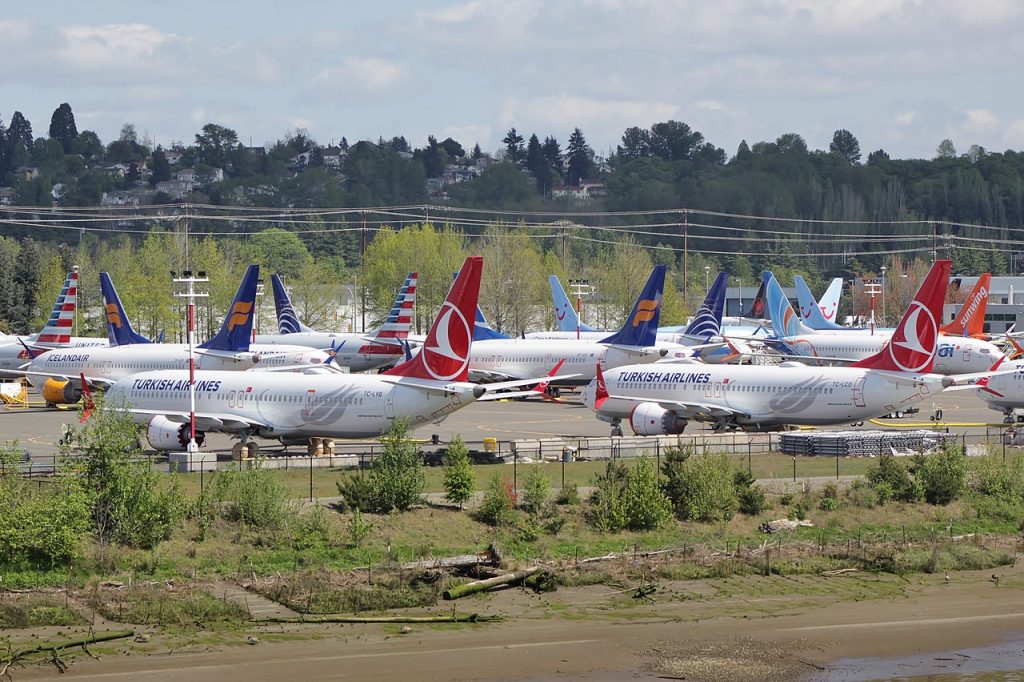
On June 30, U.S. prosecutors informed the families of the crash victims about their plan to seek a guilty plea from Boeing, which the families’ lawyers criticized as too lenient. Paul Cassell, a lawyer representing the families, said he plans to ask the federal judge to reject the deal and instead set up a public trial to reveal all the facts of the case openly before a jury.
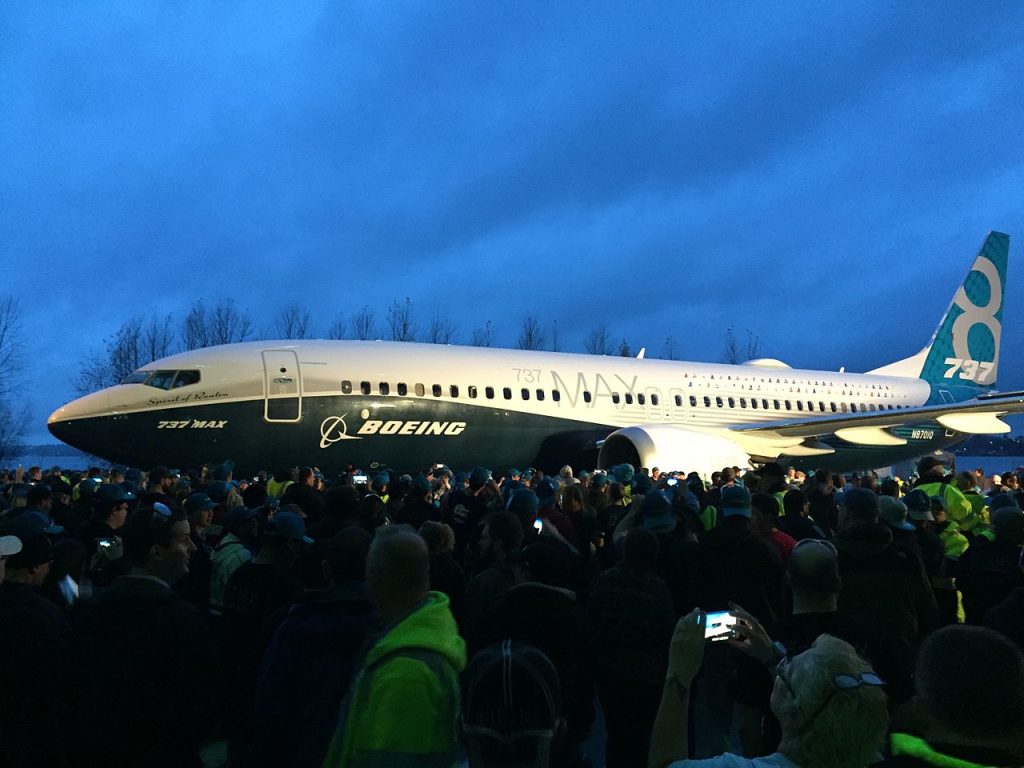
This ongoing situation highlights Boeing’s efforts to resolve legal issues and improve safety measures while managing the impact on its business and reputation. The outcome of the plea deal and potential trial will significantly affect Boeing’s future operations and its relationship with the government and the public.

